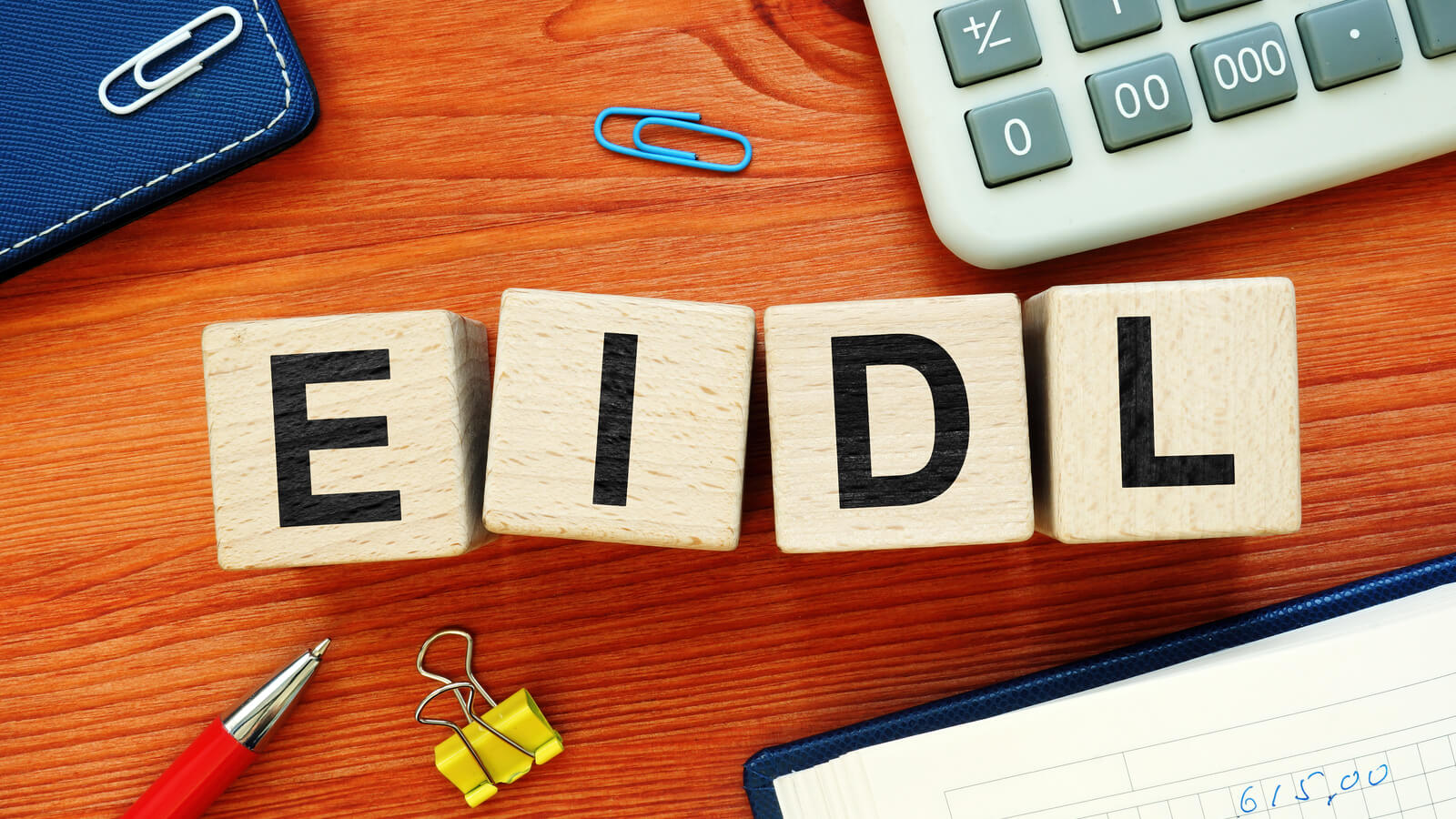And does it tell me anything useful about my taxes?
The term “basis” is used in everything from linear algebra to futures contracts, with a unique definition used in each context.
Today, we’re talking about how basis works in taxes.
Contents |
| What is basis? |
| Basis in an asset |
| Basis in a business investment |
| What about basis for things I didn't buy personally? |
The basics
- Basis is how much money went into or came out of an investment
- Cost, to you, of an asset (i.e. a stock, bond, cryptocurrency, your business, etc)
- Used to determine depreciation, losses, capital gains, and other tax concerns
What is basis?
Basis is the amount of money that you put into an asset or investment.
There are some aspects of basis that can affect business ownership, but mostly, basis matters because it determines how much you owe in certain taxes.
When an asset or investment is sold, that is what’s known as a taxable event. But you’re not getting taxed on the sale price, you’re taxed on the difference between the sale price and your basis.
- If you sold the asset or investment for more than your basis, you’ll owe tax.
- If you sold the asset or investment for less than your basis, you’ll have a loss that you can typically write off as a deduction.
Adjusted basis
Most of the time, we’ll be using the adjusted basis.
The starting point is pretty easy: it’s the money you paid for something.
When you purchase something, your basis goes up. If you put more money into it, your basis goes up again. And if you take money out of it, your basis goes down. These are the “adjustments” we’re talking about.
For investments in pass-through entities, such as an LLC, your basis is also adjusted for your share of the business’s income or loss, your share of any distributions, and (sometimes) your share of any increase or decrease in debt.
The result is your adjusted basis.
Basis in an asset
If you are a business purchasing an asset, such as equipment, vehicles, computers, real estate, etc, this is for you.
Here’s how this type of basis is adjusted:
- Start with the amount paid to purchase the asset
- Add any capital improvements, meaning things you’ve done to increase the value of the asset (Keep in mind, repairs do not fall into this category)
- Subtract depreciation, or the decline in value of an asset as it ages (at rates determined by the IRS)
So let’s say you purchase a delivery van for your business. You’ve used it for five years. Your basis here would be the original purchase price minus five years’ worth of depreciation (or however much depreciation you’ve claimed on your taxes).
What happens if you sell the asset?
You pay tax on the difference between the purchase price and your adjusted basis.
For example, if you purchased that delivery van for $100,000, and later sold it for $150,000, it may look like a gain of $50,000. But if you took $80,000 worth of depreciation off your taxes during your ownership, your adjusted basis in the asset is $20,000. In that case, you would owe taxes on a $130,000 gain.
It works the opposite way too. If you sold the delivery van for $10,000, that may seem like a loss of $90,000. But if you’ve already taken $80,000 in depreciation, you only get to write off a $10,000 loss now.
Don’t forget that the tax rate used to determine what your tax liability (or savings) is depends on your specific tax situation, so talk to a qualified CPA.
Basis in a business investment
This can work in a few different ways, depending on the type of investment.
C-corp (or LLC taxed as a C-corp)
If you purchase a stock in a publicly traded company, or a private company that is taxed as a C-corporation, your basis typically does not change over the life of that investment.
For example, if you purchase a share of Apple for $100, and you receive $10 per year in dividends, your basis is still $100. If you later sell that stock for $150, that’s $50 in capital gains, no matter how much you’ve made in dividends over the years. Whether that’s short-term or long-term capital gains tax, however, depends on your specific situation.
S-corp (or LLC taxed as an S-Corp)
Unlike stock in a C-corporation, your ownership share of an S-corporation or LLC taxed as an S-corporation is subject to adjustments in basis, and it works like this:
- Start with the amount you invested in the S-corporation
- Add or subtract your share of any taxable income or losses made by the company (whatever it says on your Schedule K-1)
- Add any additional funds you invest in the business
- Subtract any distributions you receive from the business
So, let’s say you invest in an S-Corp for $100,000.
In the first year of owning the investment, you receive distributions of $25,000 and a Schedule K-1 showing taxable income to you of $10,000. Your basis in the S-Corp would be $85,000: the original $100,000 investment, plus the $10,000 taxable income and minus the $25,000 of distributions. This calculation would be performed yearly, and an S-corp will generally issue a document along with their Schedule K-1s that will include your current basis.
When selling your ownership share in an S-corp, the same rules apply here as with an asset or a C-corp stock. Gains or losses are calculated by comparing your adjusted basis to the sale price, and you will be taxed accordingly.
All of this has to be done in a certain order for the math to work out, and that’s not a simple task. If you want this done right, you should be working with a CPA.
Partnership (or LLC taxed as a partnership)
This works similarly to S-corps, but there are a few key differences we want to go over.
The basis calculation starts out the same way, but adds a new step at the end:
- Start with the amount you invested in the partnership
- Add or subtract any Schedule K-1 taxable income or losses
- Add any additional funds you invest in the partnership
- Subtract any distributions you receive from the partnership
- Add or subtract your share of any debt taken on or paid down by the partnership
You’ll notice that, with partnerships, your adjusted basis also includes your share of the partnership’s debt. This is a key difference when investing in a partnership (as opposed to an S-corp) for two reasons.
- First, you’re able to take tax-free distributions you would not have been able to take in an S-Corp. Normally, you can’t take a distribution in excess of your available basis. However, with a partnership, you can use debt to increase your basis and take larger distributions.
- You’re also able to deduct losses you would not have been able to take in an S-corp, for more or less the same reasons. Normally, you can’t claim losses in excess of your available basis. However, in a partnership, you can use partnership debt as a way to increase your basis and write off more of the loss on your taxes.
This may seem like a huge loophole, but that’s still real debt the partnership is taking on. Ask your CPA before getting too fancy with this sort of thing, as the rules here can get quite complicated, as with anything involving the IRS.
One more detail to note: unlike an S-corp, a partnership may not be providing any documentation of your basis. Make sure you’re keeping track – a CPA will also usually handle this for you.
Do I really get to deduct these losses?
The quick answer: it depends, ask your CPA. We’re just covering the basics of basis (say that five times fast) and it does get more complicated than this. You probably want expert help.
What about basis for things I didn’t buy personally?
Things you inherited or received as gifts still have basis, but that basis is calculated a little differently.
For an inheritance, we’re typically going to be using the fair market value (FMV) of the property at the time of the previous owner’s death. In other words, what it was worth when you came into possession.
When it comes to gifts, this can go one of two ways, depending on what the property is worth at the time of sale. If sold for profit, you’re using the previous owner’s cost basis. If sold at a loss, it’s the previous owner’s cost basis or market value at the time you received the gift, whichever is lower. That way, you can’t write off losses that occurred when someone else owned the asset.
The bottom line
Your taxes go up or down when you gain or lose money, and basis is the starting point we use when we’re assessing if gains or losses took place. In the tax world, basis refers to the amount of money put into an asset or investment, plus whatever changes in value occurred during your ownership.
If you have questions about your taxes, or just don’t want to do all that math, schedule a call with the experts on our team at DiMercurio Advisors. We’ll help you figure out everything you need to know about your tax situation, basis and beyond.








